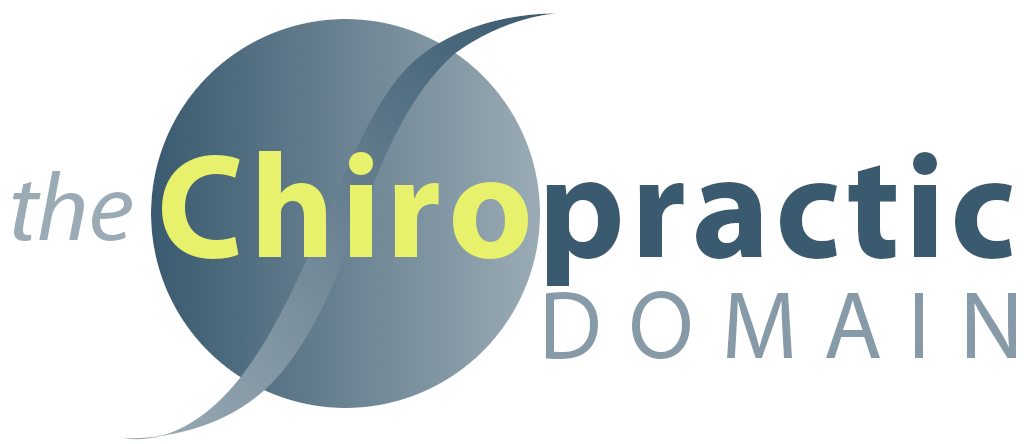Your Body Isn’t Just Tight — It’s Talking to Your Brain
The Afternoon Tension Test
By mid-afternoon, many people notice their shoulders are tense, their neck stiff, and their jaw clenched. It’s not just “bad posture.” It’s a neurological pattern — your body and brain reinforcing each other’s stress signals.
The Posture–Stress Loop
When you’re flexed forward at a desk or scrolling on your phone, your body is literally in the posture of stress.
Your brain interprets that as “I’m not safe,” and keeps your nervous system in fight-or-flight mode.
The result?
Chronic tightness
Shallow breathing
Fatigue
Difficulty switching off even after work
This loop can quietly condition your body to hold on to stress — long after the moment has passed.
The Neurological Reset
Every chiropractic adjustment you receive helps interrupt that cycle.
By restoring proper spinal movement and alignment, your nervous system gets clearer signals — shifting your physiology from stress mode to rest, recovery, and repair.
You can think of each adjustment as hitting “reset” on your body’s stress memory.
Everyday Strategies Between Adjustments
While adjustments are the deep reset, small posture and breathing habits help maintain balance:
Roll your shoulders back, lift your chest, and take a full breath out.
Get up every hour to move, stretch, and expand.
Keep screens at eye level to avoid collapsing into a stress posture.
These small resets train your nervous system toward calm and resilience — not just survival.
Why We Keep Adjusting You
Even when you’re not in pain, your body is constantly adapting to modern life — screens, sitting, and the speed of everyday stress. Regular chiropractic care keeps your nervous system flexible and your posture aligned with calm, not chaos.
That’s the deeper “why” behind what we do — and why your next adjustment matters.
🎥 Watch: “Are you tight by 3 PM? It’s neurological.”
